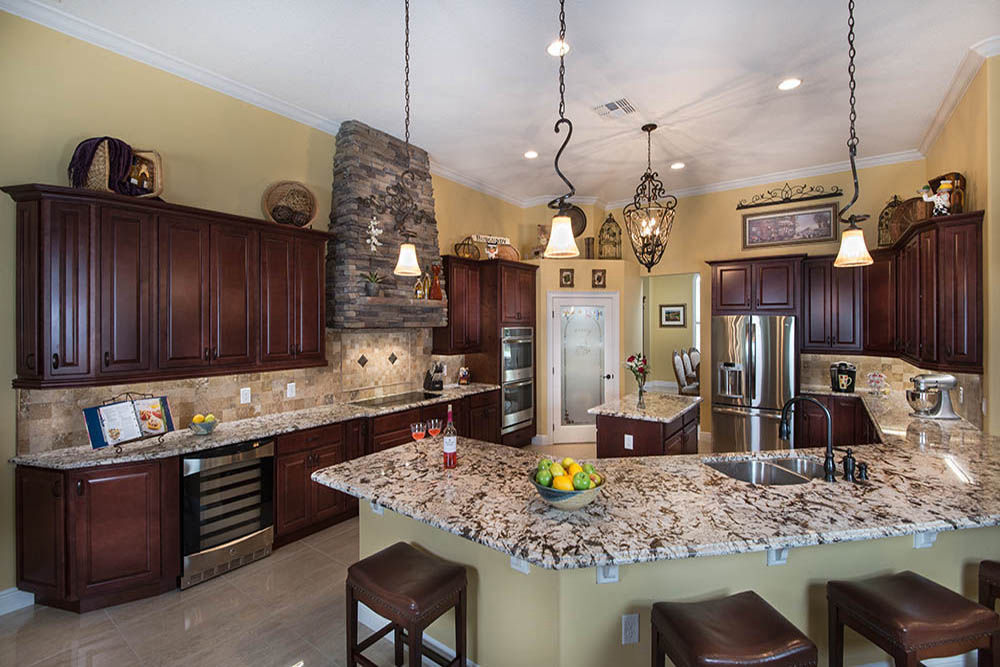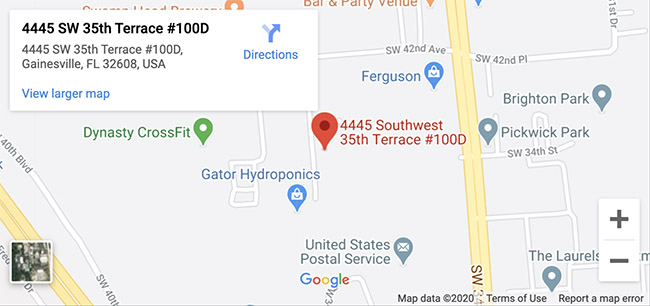Can any of the countertop materials stain?

Having a new countertop is always a happy and exciting event, yet you could be full of questions or doubts.
How long will it take for you to get used to the new sight?
How can you prevent the damages, scratches, chipping of the edges, and surfaces?
And what’s more important?
Can the countertop stain from physical or chemical impacts?
You won’t be able to avoid spilling things on your countertop, no matter how hard you try. Even people with the best memory can forget what not to put on its surface.
But every countertop material is equally sensitive to heat and acidic liquids, or are there more and least resistant ones?
If you’d like to know more, keep reading!
What can leave stains on the countertops?
First, it’s important to make a difference between the materials of countertops.
Natural stones are more sensitive by nature, however, that doesn’t mean artificial ones are indestructible.
Such liquids, like vinegar, wine, coffee, and some types of sauces are acidic, and can etch the surface of limestone-like stones like marble for example.
Volcanic stones, like granite, are a bit more resistant to etching, but you still must be cautious.
Oils can also leave dark stains on natural stone surfaces because they penetrate in, and no detergent under the sun can remove them.
So, if something has spilled something on the countertops, be sure to wipe it as soon as possible to prevent staining.
Heat can also leave dark or burnt spots, so never place hot frying pans or pots directly on the countertops.
Always put some form of “protection” under them!
Which materials are more, and which are less resistant?

Just like we mentioned before, there are more and less stain-resistant countertop materials.
The key is the source: is it natural or artificial?
Natural stones, such as granite and marble are much more sensitive to acidic liquids, oils and heat due to their structure and the minerals they contain.
Artificial countertop materials on the other hand are much more resistant.
For example: porcelain is highly heat tolerant and is virtually unable to stain or etch.
Of course, natural stones can be protected by sealants; these chemicals seal the pores on the surface, so harmful things cannot penetrate the material, but this doesn’t mean 100% protection.
You still have to be careful.
Don’t try to remove the stains, just leave it to us!
If something happens, and your countertops get stained from either heat or something spilling on it, we really don’t recommend that you try to remove it yourself!
If the operation is not done correctly, you can damage your countertops badly, and that’s something you probably don’t want.
Contact us instead to schedule an appointment for our repair service, and our professionals will arrive as soon as possible to determine the option available to you.
So, you don’t have to worry, even if something happens, just contact us, and the help will be on its way!



